Those who think Essex is boring, or a human waste bin into which only the most meretricious people find themselves tipped, would require only one or two chapters of Gillian Darley’s widely researched book to tell them how wrong they are. Essex has experienced various types and degrees of civilisation since before the Romans arrived and did unspeakable things to Boadicea and her daughters, as the Queen of the Iceni chased them in her chariot up and down what is now the A12.
In the last century it has seen, at least in its districts closest to London, a huge influx from the East End; it has housed great industries such as Courtauld’s, Crittall Windows, Marconi and Wilkin & Son’s jam; it has harboured two New Towns that represented one of the most profound social experiments in British history, in Harlow and Basildon. It has become a byword for vulgarity and conspicuous consumption; and yet it still contains some of the finest countryside and villages in England, and some of the most bewitching coastline. Darley has a fine sense of history and an appreciation of architecture and landscape, and all this comes through in her fact-packed and often entertaining book, which succeeds in making one believe that Essex really is a special and unusual place.
To those of us who choose to live in the county — I have only briefly lived anywhere else, so magnificent and soothing have I always found it — this will come as no surprise. The sheer antiquity of Essex, in which much of its charm consists, impresses itself relentlessly on even the most unobservant and ill-educated. Every period of architecture, from Saxon to the modern vernacular, is to be found in the county, and often in a rather impressive way.
As Darley recounts, the archaeology of the place has during decades of expansion and development given up the dead of history and prehistory and their artefacts. And, as she repeatedly proves in the course of her book, mavericks, eccentrics and the downright bloody-minded have always found Essex to be something of a haven.
On one of the most remote outcrops of the county stands the chapel of St Peter’s on the Wall, built by St Cedd 1,350 years ago and the second oldest place of Christian worship in the land. I remember being taken there as a child in the 1960s and being told, looking at it and the sea beyond, that the view had not changed in all those centuries. Now, as Darley tactfully does not mention, it has a backdrop of very unlovely offshore wind turbines.
There are, for all its excellence, two difficulties with this book. First, the author’s research is more or less immaculate, and extensive: each page is packed with information and historical anecdote. Yet it must be questionable how far even her engaging writing and abundance of interest will give her book an appeal to those who do not live in the county or have a connection with it. One hopes there are those in Cornwall, Staffordshire or the West Riding who will be sufficiently curious about the media confection that Essex has become to want to know the truth — and Darley presents a very different picture to that of The Only Way is Essex, or (a television programme she does not mention) Police Interceptors, which seems to show Basildon as the crime capital of England.
Second, there is a cast of mind in Essex these days with which Darley does not, or perhaps cannot bring herself to, come to terms. Her book concentrates on those not in the establishment, who have formed communities (such as some Tolstoyan anarchists in the late 19th century) in the remoter parts of the county, its various estuaries, marshlands, creeks and semi-detached islands being an ideal setting for those who wish to keep away from others; and she points out how Essex has always tolerated such people. Yet it is now a county in which every parliamentary constituency voted for Brexit, and in which every parliamentary constituency voted Conservative at the last general election. She highlights the leftish radicalism and unconservatism that have cropped up in the county, whether she is talking about the socialist Countess of Warwick, the Fenian and Bolshevist-supporting Vicar of Thaxted, Conrad Noel, or paying uncritical homage to other admirable sons of Essex, Grayson Perry and Billy Bragg. Yet Essex today, and indeed for some decades, has developed a community of political attitudes that one suspects Darley finds unattractive or uncomfortable.
Her book ends with the recognition that Essex voted to leave the EU; and, if anything, attitudes have hardened in the county with the failure of the government to take the country out so far. But there is the wider question of Essex being a county now of predominantly self-made and affluent people who — like Essex Man when he emerged 29 years ago, just before the demise of Margaret Thatcher’s administration — have worked hard, eschew the large state, and wish for a lower-taxing government.
The county still has its pockets of deprivation — the Tendring peninsula, notably — but even the once cheap and cheerful fringe of the county along the Thames estuary is now filling up with expensive properties, country parks, golf courses and new businesses. The bungalow-strewn plotlands of Pitsea or South Woodham are either long gone to compulsory purchase or have become almost museum pieces. The rampant individualism that gave the county so much of its historical colour has now manifested itself by creating a new, alternative and conservative establishment of its own.
In this magazine about 30 years ago the late Colin Welch, who was very familiar with the county, recalled canvassing on the old A130 between Dunmow and Thaxted for Rab Butler at the 1945 election. He saw a tenant farmer in his rough tweed suit and cap, leaning on the proverbial five-bar gate and watching the world go by, until he was approached by a well-to-do woman canvassing for Butler’s socialist opponent, and given a lecture on the need for the farmer to vote for Clement Attlee. He listened for a moment and said to the woman: ‘Ma’am, oi’ve made moi poile, and yo’ can go to buggery.’
That authentic, even Cromwellian, voice of the bloody-minded, rugged individualist that has given Essex and so much of the eastern counties a unique flavour is if anything even stronger today than it was 75 years ago: many more piles have been made, and Essex — even its rural, picture-postcard parts — still throbs with the Roundhead determination and ingenuity that has provided Darley with so much to write about. It must be something in the air: and it is not over yet.
Got something to add? Join the discussion and comment below.
Get 10 issues for just $10
Subscribe to The Spectator Australia today for the next 10 magazine issues, plus full online access, for just $10.
You might disagree with half of it, but you’ll enjoy reading all of it. Try your first month for free, then just $2 a week for the remainder of your first year.

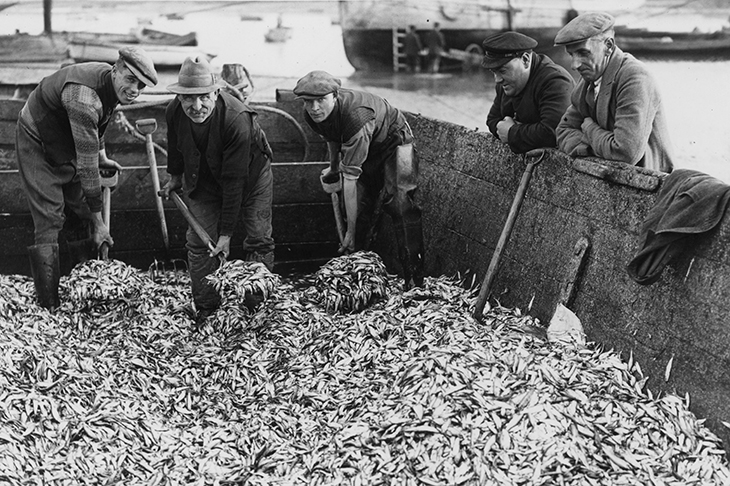
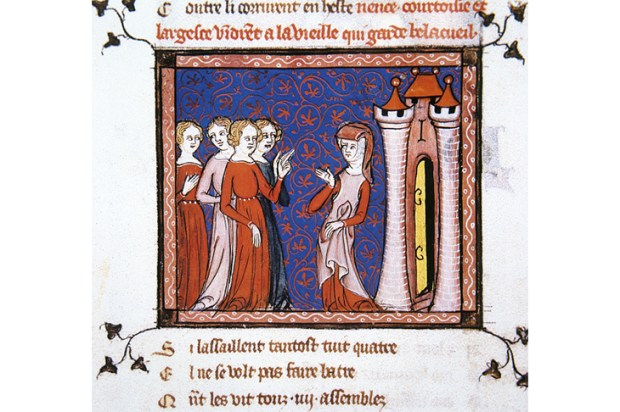
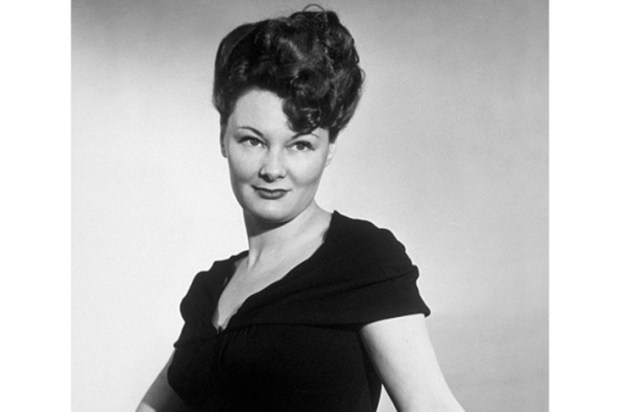

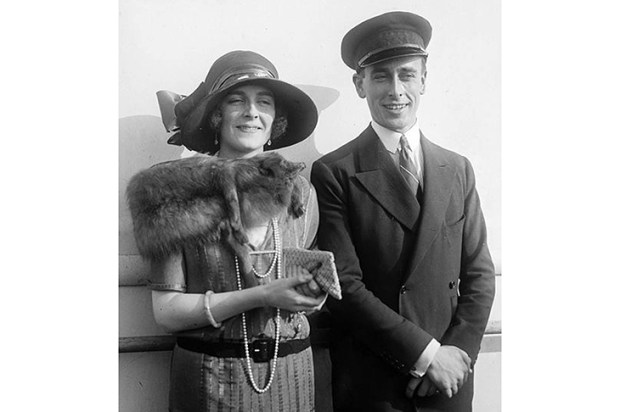
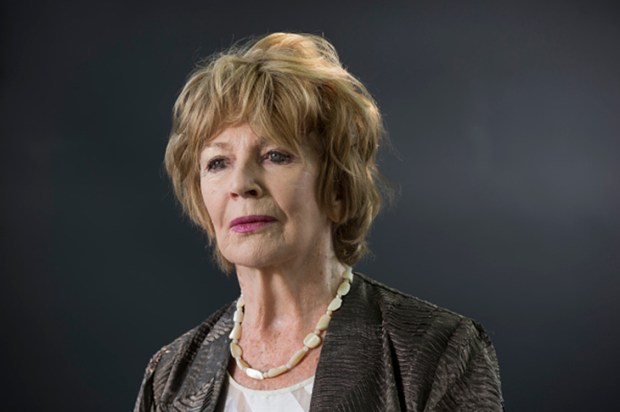







Comments
Don't miss out
Join the conversation with other Spectator Australia readers. Subscribe to leave a comment.
SUBSCRIBEAlready a subscriber? Log in